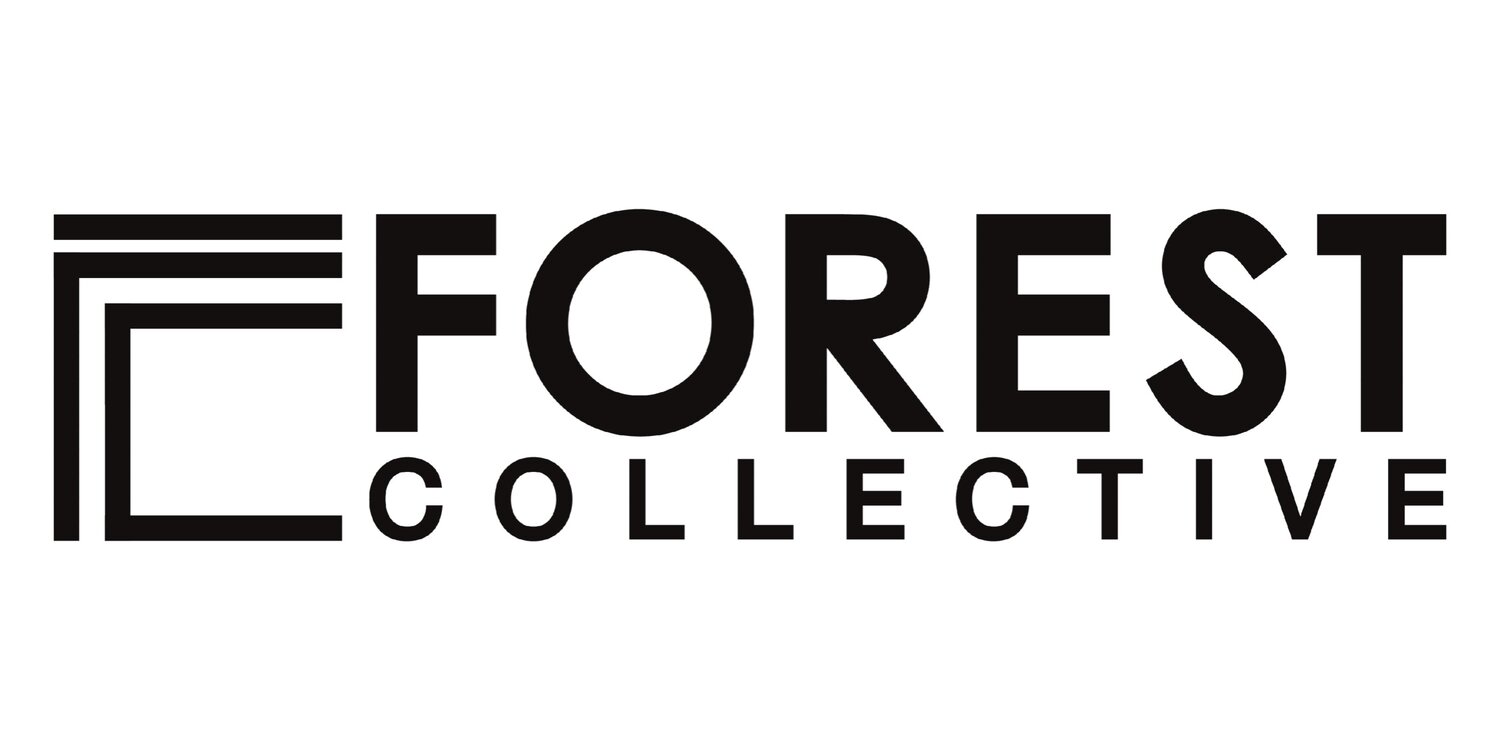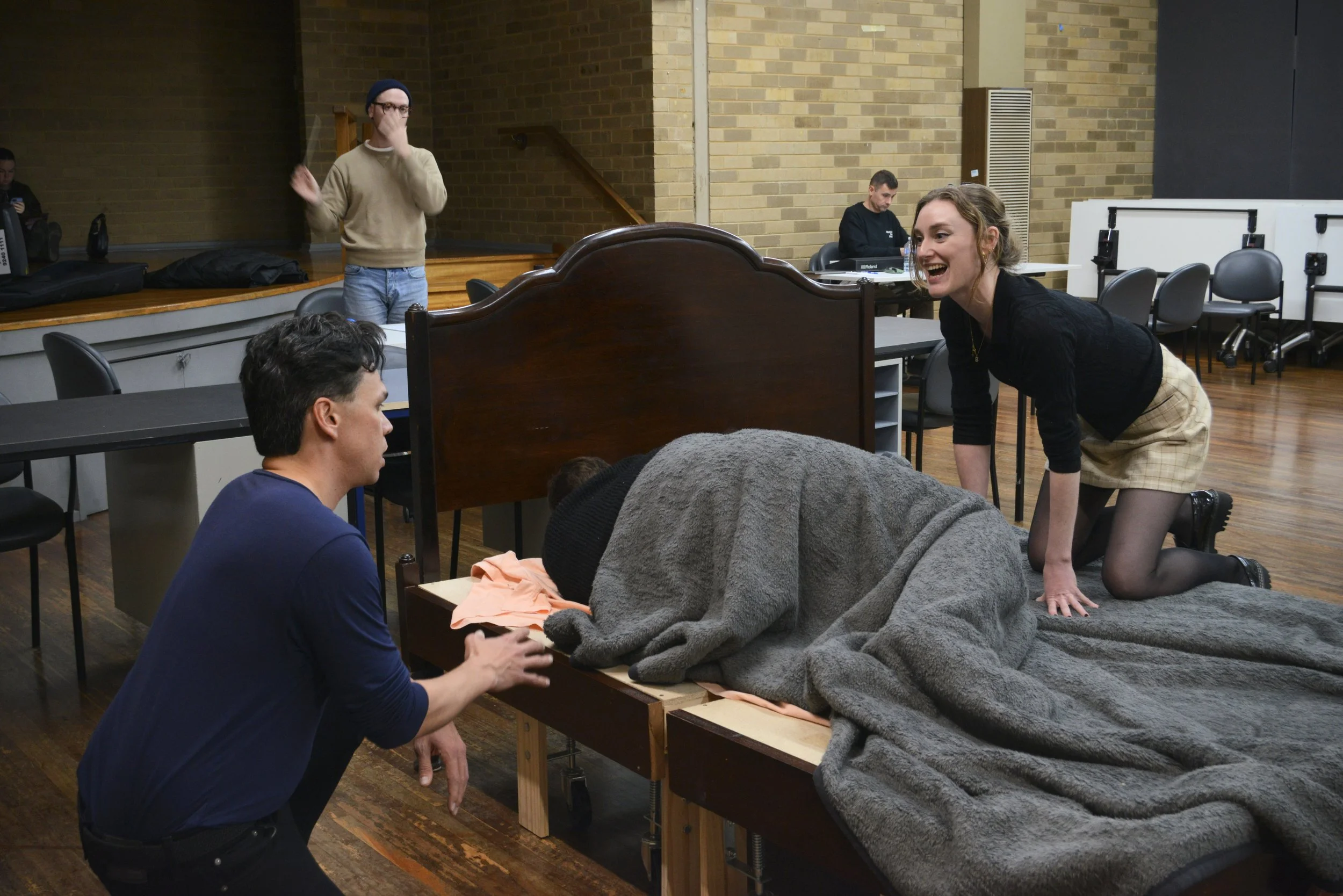Daniel Szesiong Todd on playing The Bad Guy™ and the modernisation of Opera.
How does it feel to play a character like Carter, who is clearly "the bad guy" of the opera? And is it different in a modern context rather than operas of old?
Well, it’s been very reassuring to hear people tell me I’m playing against type! That being said, it can be a lot of fun to play someone who is so unlike yourself. One of the joys of performing is to “try on” other people’s lives, values and personality for a few hours at a time. It’s important to deliberately “take the character off” afterwards though!
The thing with playing a so-called “bad guy” is that they rarely believe they are in fact “bad”. Carter doesn’t see himself as prejudiced, sexist or a bully. His driving force is pursuing his own amusement and pleasure. When he insults and dehumanises others based on their appearance, or when he sabotages his friends’ relationships – he just thinks it’s funny! He believes he’s making good choices based on his truly-held values. Fundamentally, he believes his own bullshit, and has never had enough self-awareness to question it.
So, as a performer, you don’t play his “badness” – you just reflect his truth, and leave the judgement to others.
Compared with operas of old – it’s clear that librettist Miriam Gordon-Stewart understands that Carter is not a pantomime villain. He’s immediately recognisable as “the dickhead friend” in any number of sports teams, offices or friendship groups. Although he is morally reprehensible, he is funny. If he was Australian, you’d call him a larrikin. And for that, society is prepared to overlook a lot of very problematic things. As an audience member, you may find yourself laughing along with him, sharing the cruel joke. Does that make you complicit?
Daniel Szesiong Todd and Belinda Dalton in rehearsal for Fat Pig
What part does toxic masculinity play in the opera through Carter? How have you experienced it in your own life?
In 1989, a few years before Fat Pig is set, Peggy McIntosh wrote about the “Invisible Knapsack” of white privilege – the invisible package of “hidden benefits” that white people enjoy in American society, compared to people of colour. In Fat Pig, Carter carries around his own invisible knapsack of male privilege – and the results are visibly toxic. The key privilege Carter enjoys is that he lives in a world where women are to be looked at, and men do the looking.
The main theme of the opera is fatness and body image – but the focus is entirely on women’s bodies. It is Helen and Jeannie’s bodies that are constantly under examination – their relative fatness and thinness, how their bodies compare with socially accepted standards of beauty etc. Carter constantly notices and comments on the bodies of the women around him, but never once mentions his own body, or that of any male character. Patriarchal structures have set him up in a position of power. As a man, it is his privilege to look at and judge women’s bodies, while not being at looked at or judged himself.
Carter reinforces this idea when Tom wears a bright shirt to a date with Helen. He goads Tom, saying “Nice shirt by the way… You must be confident in your manhood and shit!” To Carter, an eye-catching shirt is inappropriately feminine for a ‘real man’ to wear, because it is a garment made to be looked at. This is the rationale behind the strange uniformity men’s fashion over the years. Identical suits and tuxedos stand in contrast to the incredible variety and creativity of women’s clothing options.
This is all very familiar territory for me, as someone who grew up in the outer western suburbs of Melbourne in the 90s and 2000s. It is still a very dominant aspect of Australian male culture, which has a strong preoccupation with outwardly performing its manliness, and a deep terror of being perceived as unmanly. Fear of appearing unmanly is a mental cage that traps so many men. I have never been a blokey bloke by any stretch of the imagination, and was often bullied at school as ‘gay’. High school never felt like a safe space to be anything other than boldly heteronormative.
It wasn’t until reading Manhood by Steve Biddulph and The Descent of Man by Grayson Perry that I began to understand the self-inflicted pain caused by this obsession with manliness. Perry talks about the “Department of Masculinity” that operates in male brains, obsessively checking every act for traces of femininity, and filling the mind with shame and negativity if any is detected. This Stasi-like operation precludes any chance of living unselfconsciously, and cuts off fundamental aspects of our healthy human selves. I think it is a key aspect of the ongoing mental health crisis among Australian men. It was a beautiful day of liberation when I decided to disband my Department and stop caring about these values that I neither believed nor respected.
Do you think male body image issues are being reflected back at the audience through Carter's treatment of Helen and Tom?
I think Carter’s treatment of Helen and Tom reflects his own prejudices to do with fatphobia and traditional gender expectations. And these prejudices are still extremely common in our society.
But if you tally up the insults thrown around in this opera (there are many!) – the ones directed at women are largely body-based, while the ones directed at the men are to do with their actions, their wealth and status, or their taste in cars and clothes. It’s a glaring double-standard.
Helen (played by Amanda Windred) and Tom (played by Kiran Rajasingam)
How is the modern setting of the opera reflected in the music?
The opera’s music reflects composer Matt Boehler’s wonderfully eclectic taste. There are nods to the traditional classical repertoire, particular in his writing for Helen, who is cast as a dramatic soprano. We can hear the influence of Richard Strauss and Wagner in her big emotional scenes. Yet we’re never far from the realm of 21st century American opera, with strong influences from funk, jazz and even some musical theatre.
Overall though, Boehler is a composer who really understands drama. There is terrific comedic timing written into the score, as well as heartbreaking, tragic turns. The dramatic pacing is excellent, with tight storytelling across the 75-minute work.
What is your favourite musical part of this opera?
It’s not strictly about the music, but I love how sweary this opera is. I’m a huge fan of swearing in opera, because I love bathos – the sudden transition from something lofty and cultured, to something rude and vulgar. Not only do I find it hilarious, I think it also humanises things that try to paint themselves as superior and out of reach. Opera, anyone?!?! So, juxtaposing the noble art of opera with the wild vulgarity of Carter’s swearing is an absolute treat for me! It’s not every day you get to sing an aria to the text “Oh my god, you’re fucking!”
Fat Pig plays for a limited season of performances 5 - 8 June at fortyfivedownstairs, presented in collaboration with BK Opera.



